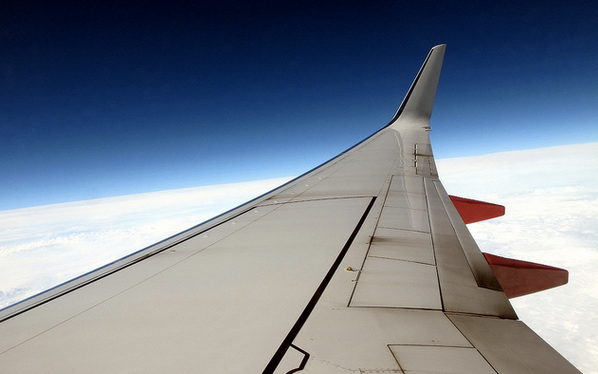So many things can delay a flight — weather, traffic, minor technical glitches to name just a few — and yet nearly three-quarters of all flights arrived at their destination on schedule last year. A new study suggests that this achievement might not just be the result of increased efficiency, but of padded schedules.
OAG Aviation Worldwide, a British company that collects and analyzes travel data, found that since 1996 many airlines have increased the block of time set aside for flights, the Los Angeles Times reports.
For example, the company examined 1,400 flights scheduled between Los Angeles International Airport and San Francisco International Airport and found that the allotted time for the trips increased 8% on average from 1996 to 2015.
According to the study, none of the flights in 1996 took longer than 90 minutes, while those scheduled nearly 20 years later had flight times between 91 and 110 minutes.
OAG suggests that increased travel time was tacked on by airlines seeking to post better on-time rates to attract customers.
“At airports which are congested, airlines need to keep schedules realistic so their timetables are reliable,” the study said.
A spokesperson for an airline trade group, Airlines For America, tells the L.A. Times that the notion is simply wrong.
“We have the same goals as our customers, which is to get them, their luggage and packages to their destination safely and on time,” the spokesperson said.
Are airlines padding flight times to improve on-time performance? [The Los Angeles Times]


